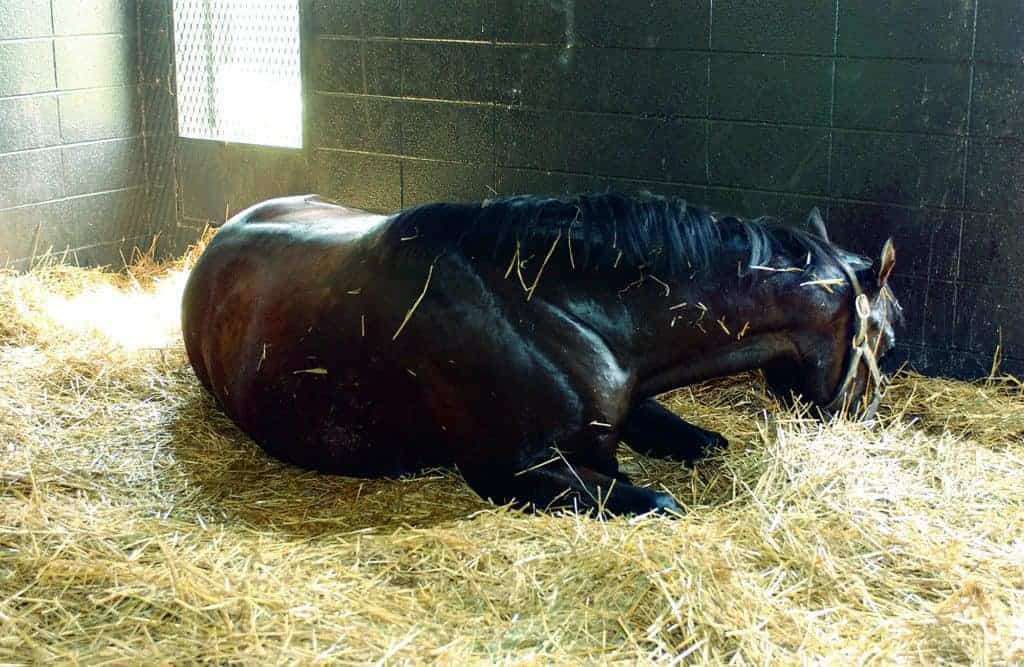
Chronic Colic in Horses: What to Consider
What are the most important things to consider and employ when dealing with a horse affected by chronic colic?

What are the most important things to consider and employ when dealing with a horse affected by chronic colic?
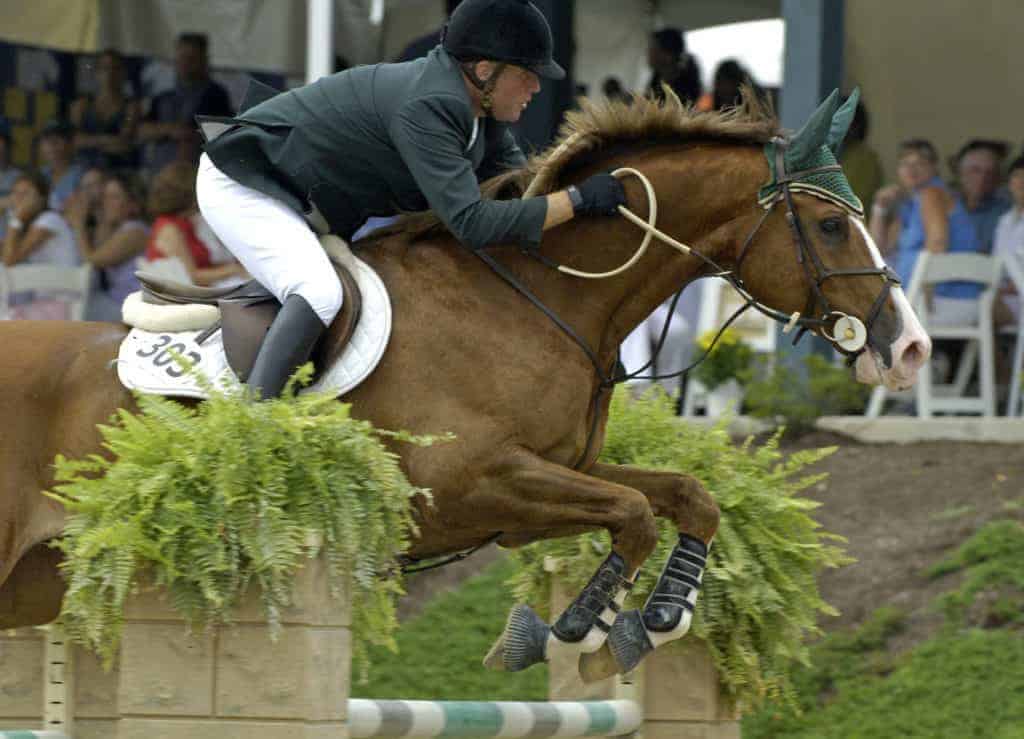
Recent studies show that gastric ulcers occur in a surprisingly high percentage of performance horses.

What factors do veterinarians look for when deciding whether to refer a horse to a hospital for colic surgery?
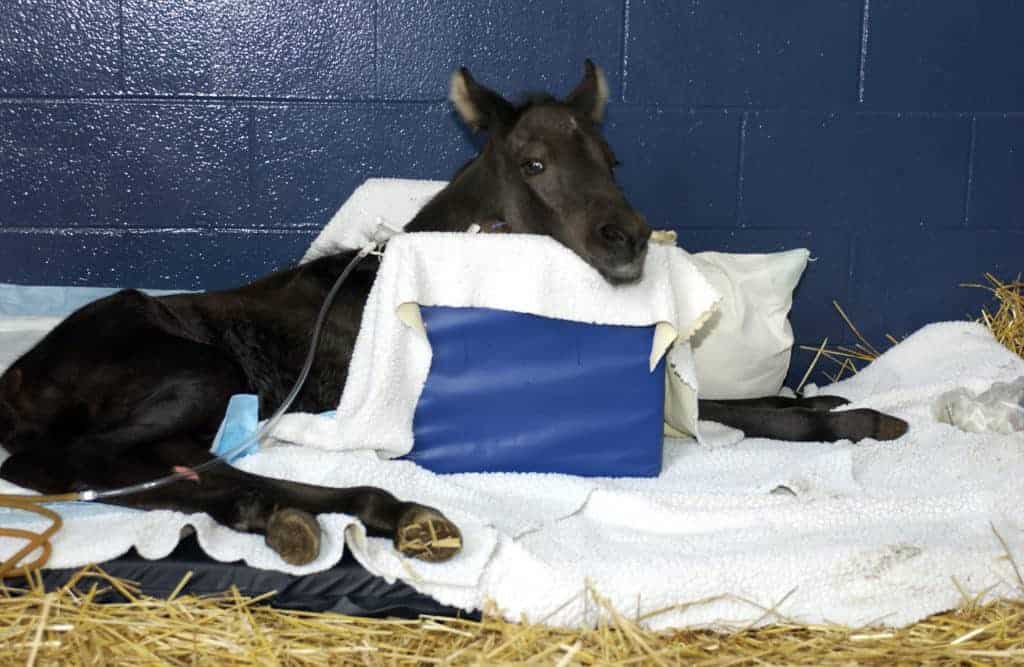
Meconium impaction, ulcers, diarrhea, and other GI problems can arise in foals.

We’ll explore how the horse’s body systems age and what to look out for in your equine senior citizen.
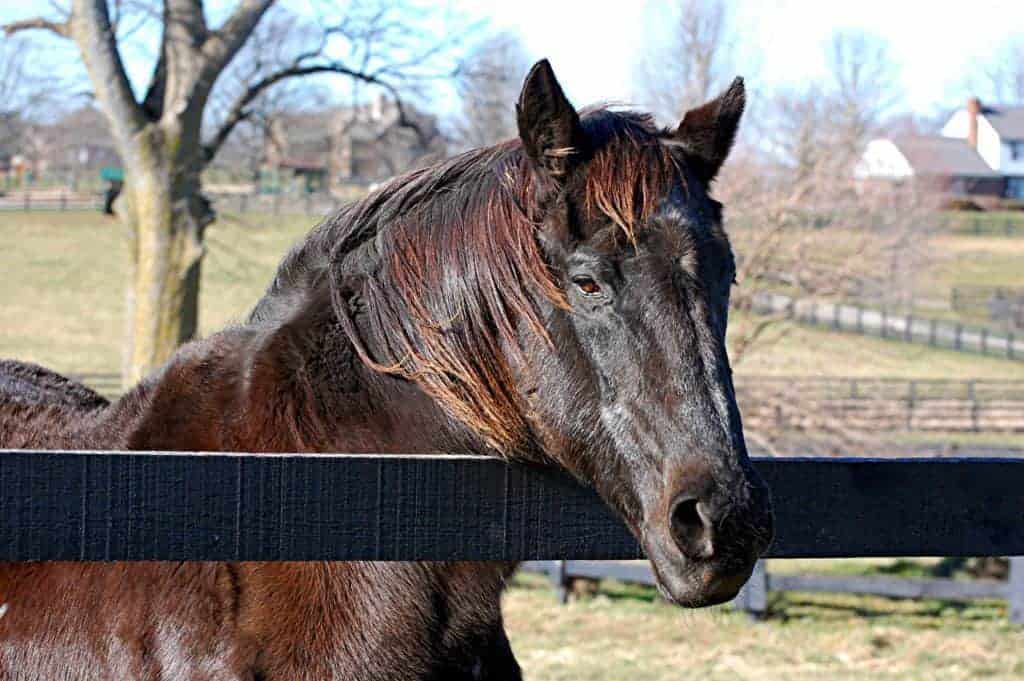
Researchers examined the top reasons for death and euthanasia in older horses.

Horses rarely experience liver failure, but when they do it’s important to diagnose and treat them quickly.

Adjusting what a horse consumes can help prevent or squelch some equine ailments.
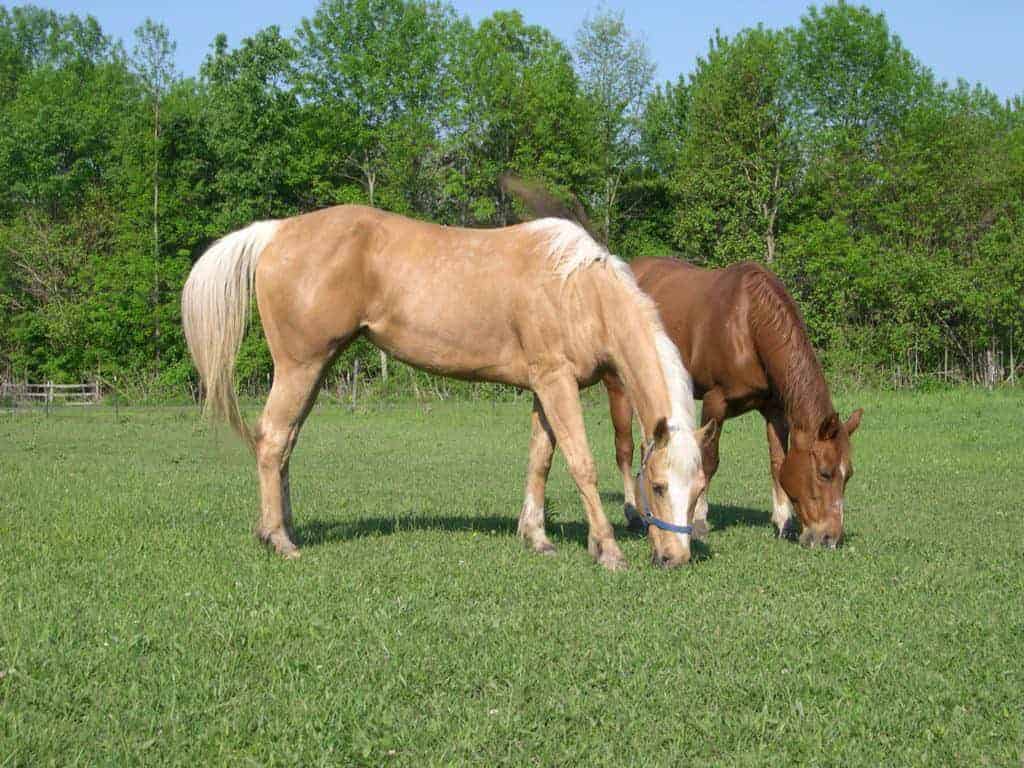
Could a healthy horse in one’s own backyard be a disease risk for other horses?
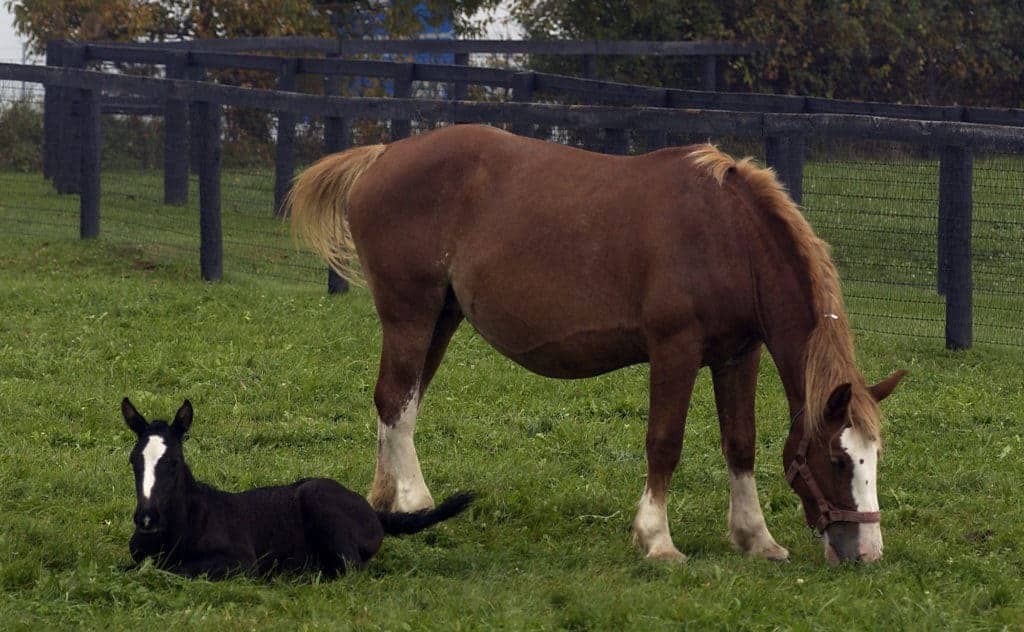
One of the most dangerous organisms that can sicken horses is the bacterium Clostridium difficile.
Merck’s animal health division, formerly known as Intervet/Schering-Plough Animal Health, announced effective
The blood level of a specific enzyme could indicate a strangulated intestine at presentation, allowing quicker
Early Kentucky Derby favorite Uncle Mo was recently diagnosed with cholangiohepatits, a rare condition in
Gastric ulcer syndrome can be time-consuming and expensive to treat. Learn how to use nutrition to manage
Uncle Mo continues to exhibit positive signs of improving health and is on target to resume light training in
Stay on top of the most recent Horse Health news with
"*" indicates required fields